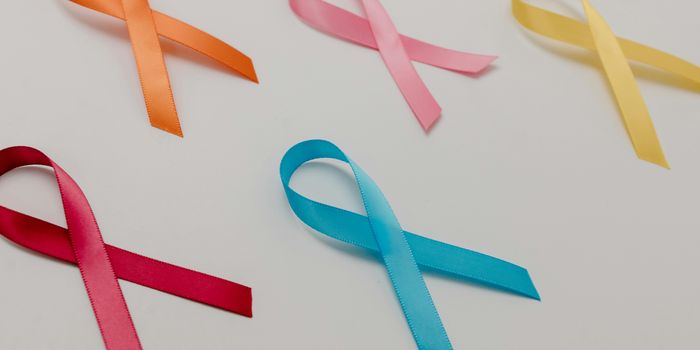Modifiable Risk Factors Related to Cognitive Impairment in Adult Childhood Cancer Survivors
The mortality rate associated with childhood cancers, typically considered those diagnosed in children 14 years and younger, declined by about 70% between 1970 – 2020. This is an impressive statistic, but excerpts still estimate nearly 10,000 new childhood cancer cases and over 1,000 deaths in 2023. Cancer remains the number one cause of death from disease and the second (following accidents) leading cause of death overall for children.
While many cancers can occur in children (under 15 years), the most common types include leukemia (28%) and brain or central nervous system tumors (26%). In the latter's case, about 1/3 of the cases materialize as benign or borderline malignant.
So, the good news is: more than 85% of childhood cancer patients achieve five-year survival. This translates into over 500,000 adult childhood cancer survivors in the United States. Childhood cancer survivors experience elevated risk of several chronic conditions, including neurocognitive impairment (such as memory loss) occurring five to ten years post-diagnosis.
As childhood cancer survivors continue to live longer, questions arise regarding the possible onset of neurocognitive symptoms later in life and throughout adulthood. A team of researchers set out to answer an arising question- do childhood cancer survivors who do not develop neurocognitive symptoms in the short-term following remain at high risk of developing such symptoms more than ten years after completion of cancer treatment? The researchers recently published their findings from a multi-institutional study exploring this question in JAMA Network Open.
The study included adult childhood cancer survivors enrolled in the Childhood Cancer Survivor Study. The siblings of the survivors in the study served as controls. Because the cancer survivors in this study were diagnosed between 1970 and 1986, the researchers could access neurocognitive impairment between 23- and 36- years post-diagnosis.
The study included 2375 childhood cancer survivors with an average age of 31.8 years (54.6% female). Survivors had various childhood cancers, including acute lymphoblastic leukemia (ALL), central nervous system tumors, and Hodgkin lymphoma. The study recruited 232 siblings with an average age of 34.2 years (57.8% female). Survivor and sibling participants completed a baseline neurocognitive questionnaire between 2003 and 2004 and a follow-up neurocognitive questionnaire between 2014 and 2015.
Survivors with no memory impairment at baseline had a higher rate of new-onset memory impairment at follow-up. The analysis revealed that new-onset memory impairment was associated with survivors of central nervous system tumors who received cranial radiation therapy and ALL patients who received chemotherapy. Importantly, the analysis found lifestyle and socio-economic factors associated with new-onset memory impairment, including smoking, low educational level, and low physical activity.
The authors suggest that adult survivors of childhood cancer experience an elevated risk of developing late-onset memory impairment. Further, since modifiable risk factors like smoking and low physical activity increase the risk of memory impairment, the authors suggest prioritizing early interventions for childhood cancer survivors to prevent smoking and encourage exercise. In conclusion, this study significantly extends the prior understanding of neurocognitive symptoms and risk in childhood cancer survivors within ten years of treatment.
Sources: CA, Cancer Epidemiol Biomarkers Prev, Lancet Oncol, J Clin Oncol, JAMA Network Open









